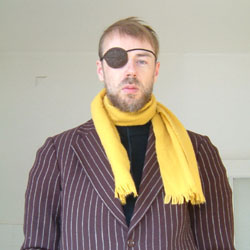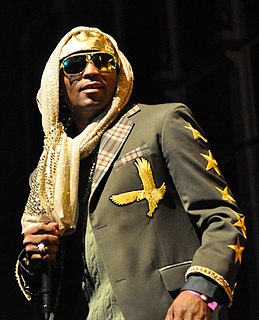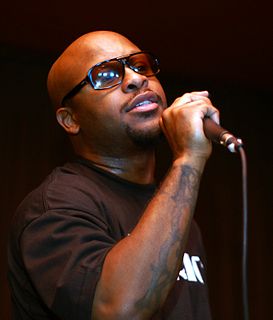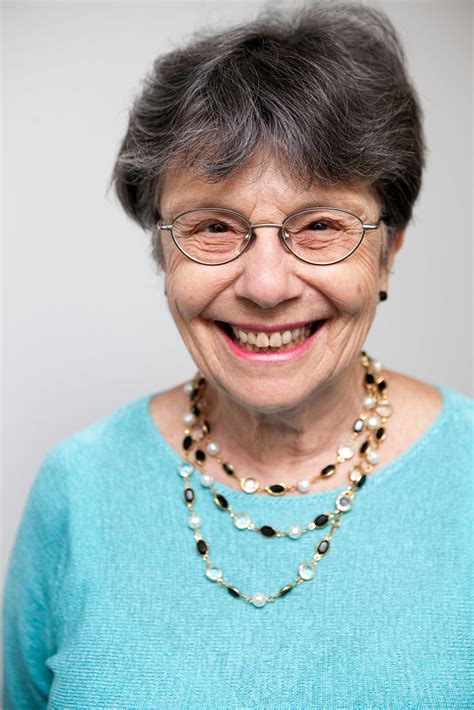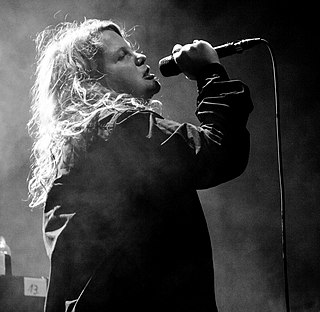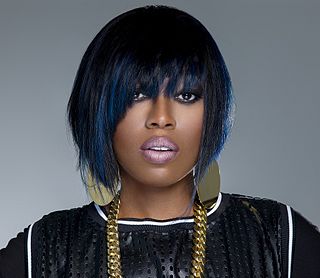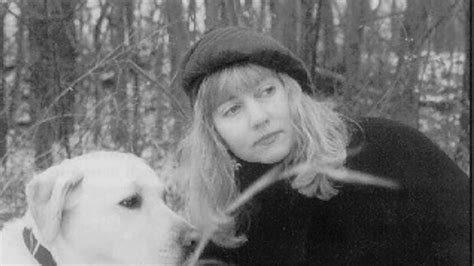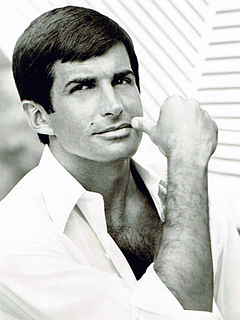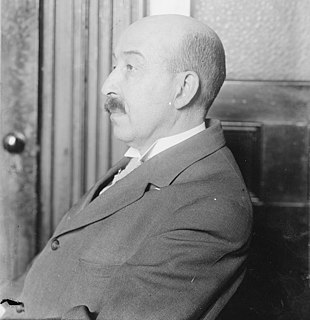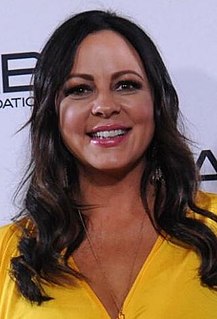A Quote by Momus
If you're a poet and you're using rhyme, rhyme generates ideas. If you're a songwriter and you're using melody and words together, they bounce off each other in interesting ways that you couldn't get otherwise, because you do things unexpectedly.
Related Quotes
This is what rhyme does. In a couplet, the first rhyme is like a question to which the second rhyme is an answer. The first rhyme leaves something in the air, some unanswered business. In most quatrains, space is created between the rhyme that poses the question and the rhyme that gives the answer - it is like a pleasure deferred.
"Tabernacle" was probably the easiest song I'd ever wrote because all I really had to do was rhyme the words since the whole story, front to back, was already in my head. All I needed to do was verbalize it, and if it didn't have to rhyme I could've just freestyled it because I already knew what I wanted to say.
To me, poetry is a recreation, a renewal of language... The subtlety of what words mean and the fact that you write something and all of a sudden you'll realize that "yes, it reaches out. It meant that, too." Then all of a sudden you'll get a rhyme and the rhyme will throw up a whole new way of looking at things. It's this relationship that you never dreamed of.
A lot of people think they can write poetry, and many do, because they can figure out how to line up the words or make certain sounds rhyme or just imitate the other poets they've read. But this boy, he's the real poet, because when he tries to put on paper what he's seen with his heart, he will believe deep down that there are no good words for it, no words can do it, and at that moment he will have begun to write poetry.
In 1967, in DeKalb v. DeSpain, a court (255 F.Supp. 655. N.D.Ill. 1966.) took a 4-line nursery rhyme used by a K-5 kindergarten class and declared the nursery rhyme unconstitutional. The court explained that although the word 'God' was not contained in this nursery rhyme, if someone were to hear the rhyme, he might think that it was talking about God - and that would be unconstitutional!
